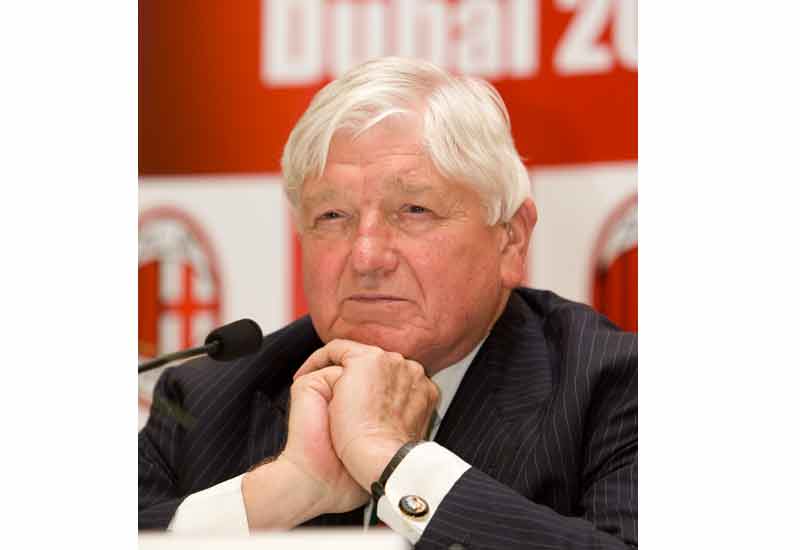A top Emirates Airlines executive today refuted claims that the carrier does not pay taxes and receives substantial financial assistance from the Dubai government.
Speaking to Arabian Business, Emirates Airline executive vice chairman Maurice Flanagan stated: “We have had $80m in cash in kind since the start of the airline 25 years ago. That’s absolutely peanuts compared to whatever other national carriers have had."
The airline, which is in its 25th year of operations, has been plagued by accusations that its rapid growth has been due to government subsidies.

| Advertisement |
“What does Etihad get every year?” questioned Flanagan. “I was given $10m by Sheikh Mohammed to start the airline in ‘85 and he said don’t come back for any more, no subsidies of any kind, no protectionism whatsoever."
He also refuted claims that the carrier does not pay taxes and highlighted the fact that, unlike its competitors, Emirates incurred social costs of around $600m last year.
“They say we don’t pay taxes. Of course we pay taxes. Dubai is a city not a country, we pay municipal taxes.
“We incur social costs these guys don’t have to think about. Full family medical service, free furnished accommodation for pilots, cabins crew and managers. These amounted to about $600m this year, those guys don’t have to think about that,” he said.
Flanagan, who was managing director for the inaugural Emirates flight in 1985 and was promoted to executive vice chairman in 2006, added that “every year we have paid more than $100m in dividend to the owner of the company".
Emirates latest annual report showed that the Dubai government was paid a dividend of AED956m ($260m) in 2010, compared to AED2.9bn ($793m) in 2009.
The results, which were announced on Wednesday in Dubai, also reported that revenue was up 0.4 percent to $11.8bn and net profit was up 416 percent to $964m.
The number of passengers rose to 27.5m, up 20.8 percent and the average passenger seat factor for the year was 78.1 percent.
Read the full interview in the May 23 issue of Arabian Business.









 Search our database of more than 2,700 industry companies
Search our database of more than 2,700 industry companies









